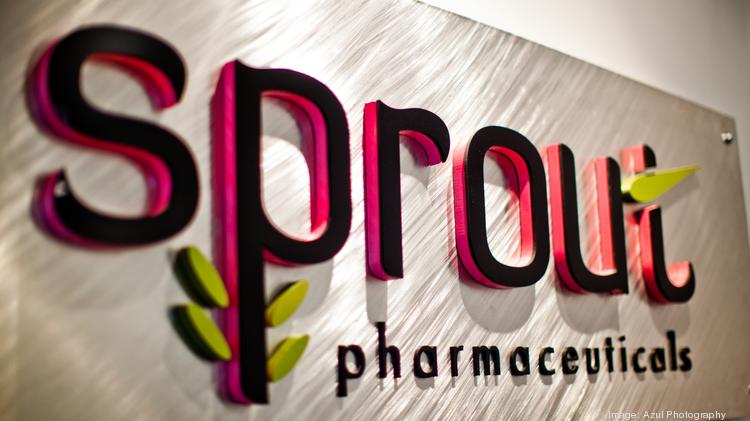On August 18, 2015, the FDA announced it had approved flibanserin. Known commercially as Addyi, the drug is being touted as a sort of female Viagra – designed to increase a woman’s libido and treat a condition called hypoactive sexual desire disorder (“HSDD”), which involves low or no sexual desire in women that is not related to pre-existing conditions such as depression or similar psychological disorders. Just 24 hours after the approval, Valeant Pharmaceuticals International, Inc. (NYSE:VRX) announced an agreement to acquire Sprout Pharmaceuticals – the company that developed Addyi – for $1 billion cash. Valeant has had a tough month, currently trading about 15% down on annual highs recorded in July, but the acquisition of Sprout could prove to be the catalyst behind a reversal in the company’s fortunes. Having said this, there are still concerns surrounding both the safety and the efficacy of Addyi and there is an argument to be made that a $1 billion cash acquisition is risky. So, with this said, let’s have a look at both sides of the story, and try to ascertain whether the move is a positive one for Valeant shareholders.
First, a look at the drug itself. Flibanserin is what’s called an agonist of three separate receptors in the human body – 5-HT1A, 5-HT2A and D4. The first two of these receptors mediate the production and distribution of serotonin in the human brain, while the third is associated with dopamine production. To simplify its mechanism of action, flibanserin binds to each of these receptors and stimulates production of their associated hormones. The release of serotonin is associated with reduced inhibitions, while the release of dopamine is associated with sexual excitement.
So where are the issues? Well, first of all, nobody is really sure how big the market is for this treatment. News media reports that up to 10% of all women in the US suffer from HSDD, which would put a rough estimate on the potential treatable population of 15 million. However, there are some limiting factors that reduce this number. First, the drug will not be available over-the-counter. As mentioned, and as we will address shortly, there are still concerns about its safety, and the FDA has stipulated it must be prescribed by a physician as opposed to merely served in pharmaceutical stores. Further, it is not an “on demand” treatment like Viagra. Users must commit to a daily dosage and – at the same time – avoid alcohol. These things are likely to weigh on mainstream adoption.
Regarding safety and efficacy, the FDA approved Addyi based on three six-month trials across a sample size of approximately 2500 women. Across the trials, Addyi patients reported between just 0.5 and 1 additional sexual encounter a month versus the placebo arm. Further, on a scoring scale of 1.2 to 6.0, the Addyi arm reported an increase in sexual desire by a score of only 0.3 over placebo. Across all three trials, an average of just 10% of Addyi patients claimed an improvement in sexual satisfaction. Alongside this questionable efficacy, more than 10% of all patients suffered adverse event side-effects, the most common of which were dizziness, nausea and fatigue.
The question that needs to be asked is how many women are likely to accept side-effects like these as part of a daily regimen that has what amounts to a 10% chance of increasing their sexual satisfaction? With a price point of around $5000 annually, Valeant needs around 200,000 US women to take Addyi once-daily for 12 months to recoup its initial investment. With a strong marketing push, the company could easily hit the 200,000 adoption number, but how many of these 200,000 continue to take the drug after trying it out will be the key statistic.
So, to address the initial question of whether this is a good move by Valeant for its shareholders, probably not. In order to turn the treatment into the blockbuster that its one billion-dollar acquisition price tag commands, Valeant needs high-level and long-term market adoption. Market penetration at the scale required for vindication of the company’s costs is not normally associated with a treatment with relatively low-level efficacy and a questionable safety profile. Of course, Valeant will not let a one billion-dollar acquisition fail easily. The nature of the treatment makes it very easily marketable, and the company will spend a lot pushing its adoption. However, one thing is for sure – it is not a female equivalent of Viagra. Viagra generates between $1.5 and $2 billion a year for Pfizer Inc. (NYSE:PFE), and at a generous estimate, Valeant will be lucky to see Addyi hit 10% of this number.
